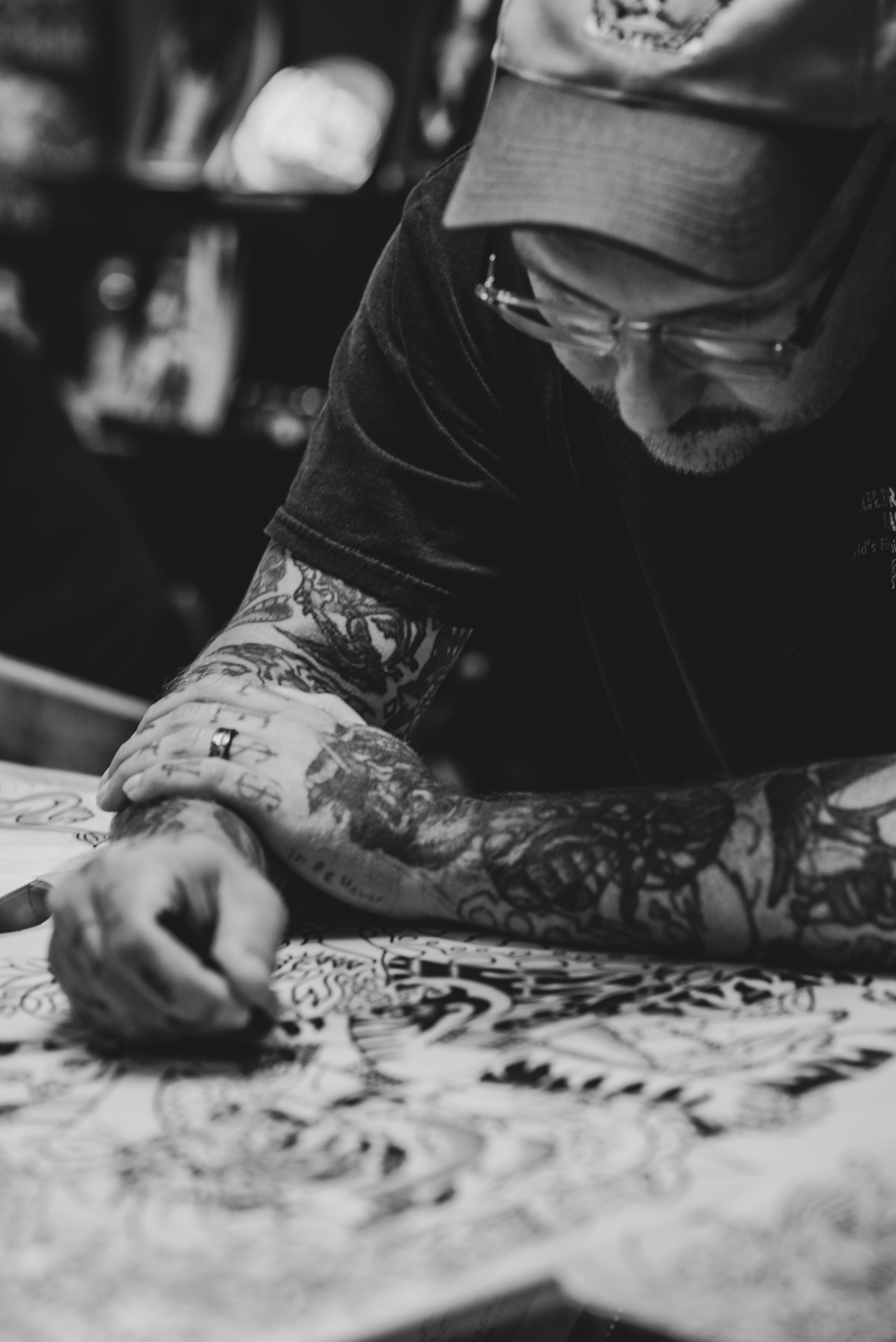Advocating for Responsible Tattooing Standards
- Eric Eugene

- Oct 15, 2025
- 2 min read
Updated: Oct 20, 2025
Tattooing is more than ink and skin—it’s a practice built on trust, skill, and care. As the craft has grown, it has also faced challenges: mass production of cheap tools, unsafe sterilization shortcuts, and corporations prioritizing profit over professionalism. If tattooing is going to thrive for generations to come, we need to return to responsible standards.
Why Responsible Standards Matter
Every tattooer knows this work involves more than artistry. It involves bloodborne pathogen safety, sterilization, and a duty of care for the client. When shortcuts are taken—when disposables are pushed without transparency, or when proper sterilization is ignored—the health of tattooers and clients is put at risk. Responsible standards protect both people and the craft itself.
Autoclaves as the Gold Standard
True sterilization comes from autoclaves. They’re the proven method for safely reusing stainless steel grips, tips, trays, and other tools. Autoclaves eliminate pathogens without leaving behind toxic residues. By contrast, mass-produced disposable tools often rely on ethylene oxide (EO) gas sterilization, which is not only harmful to handle but also undermines the professional role of the tattooer. Responsible standards demand that we prioritize autoclaves, not corporate shortcuts.
Protecting Artists and Clients
Responsible standards also mean protecting tattooers from long-term health hazards. When unsafe sterilization practices are allowed to dominate the market, tattooers become the ones most exposed. We should not have to compromise our health to practice the craft we love.
Education and Advocacy
Part of raising the bar is education—helping artists understand the differences in sterilization methods, teaching clients what to look for, and pushing back against corporations that profit off unsafe practices. Advocacy means demanding transparency, holding regulators accountable, and speaking up when our industry is being misled.
A Call to Action
Responsible tattooing standards are not optional—they are essential. Every tattooer has a role to play in setting the bar higher, whether that’s choosing safer tools, running an autoclave, or educating others. By working together, we can protect the integrity of tattooing and ensure it remains not just an art form, but a professional, safe, and sustainable practice.



Comments